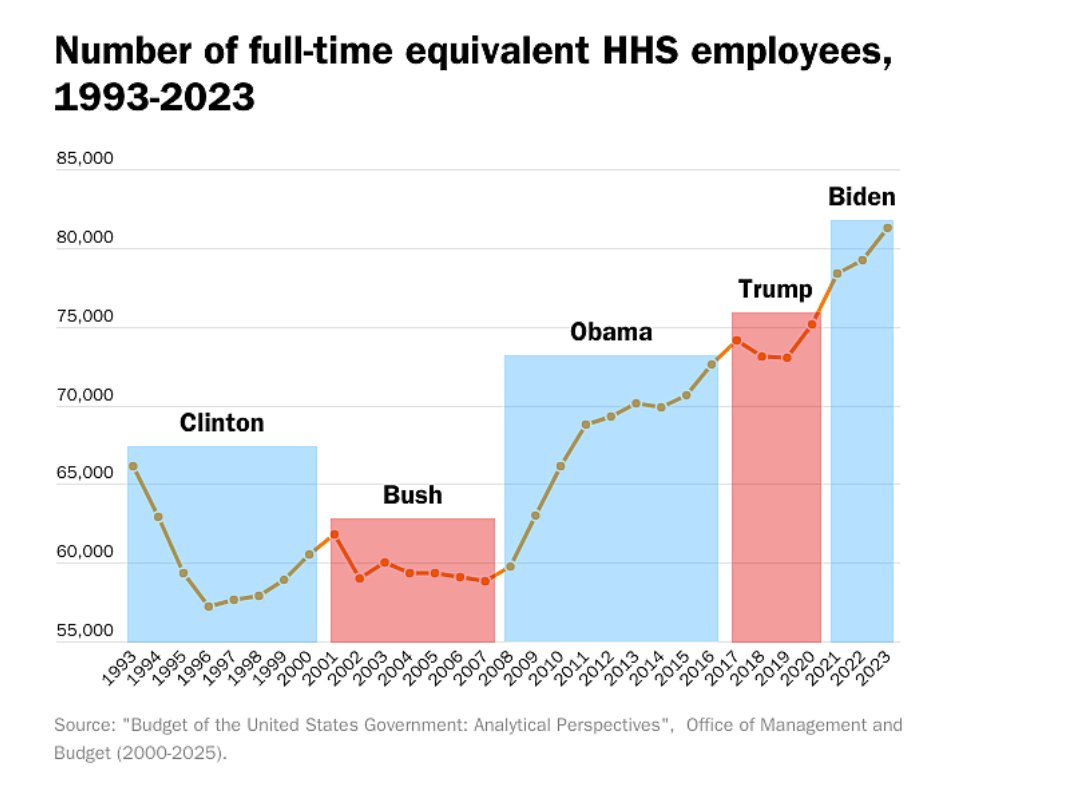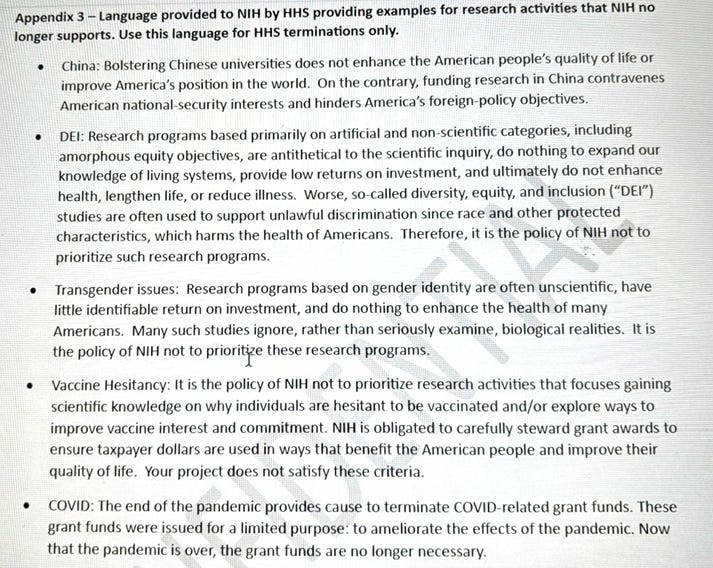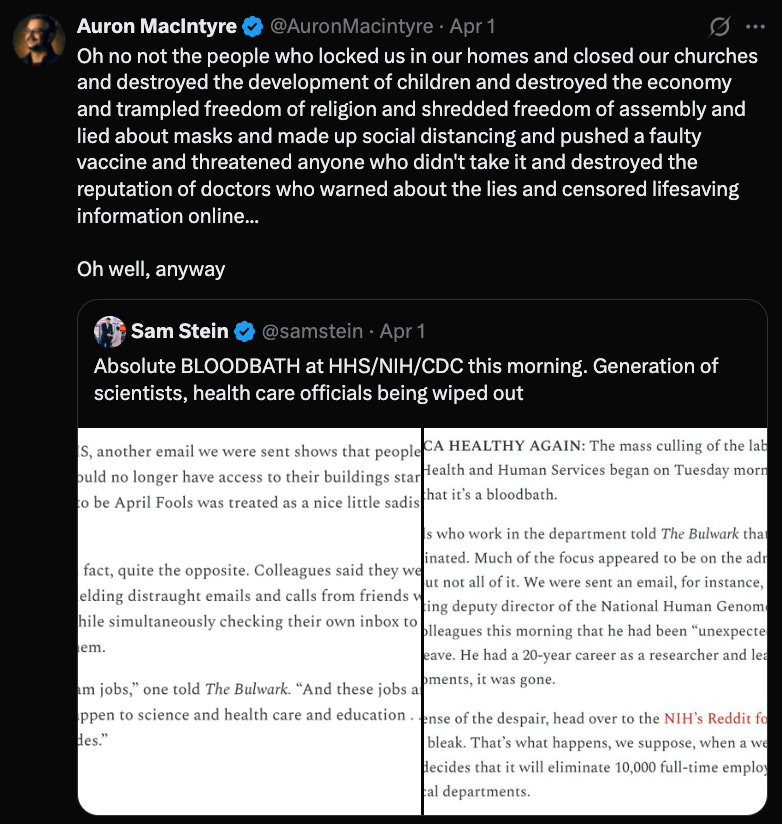Several powerful Iranian-backed militia groups in Iraq are prepared to disarm for the first time to avert the threat of an escalating conflict with the U.S. Trump administration, 10 senior commanders and Iraqi officials told Reuters.
The move to defuse tensions follows repeated warnings issued privately by U.S. officials to the Iraqi government since Trump took power in January, according to the sources who include six local commanders of four major militias.
The officials told Baghdad that unless it acted to disband the militias operating on its soil, America could target the groups with airstrikes, the people added.
Izzat al-Shahbndar, a senior Shi'ite Muslim politician close to Iraq's governing alliance, told Reuters that discussions between Prime Minister Mohammed Shia al-Sudani and several militia leaders were "very advanced", and the groups were inclined to comply with U.S. calls for disarmament.
"The factions are not acting stubbornly or insisting on continuing in their current form," he said, adding that the groups were "fully aware" they could be targeted by the U.S.
The six militia commanders interviewed in Baghdad and a southern province, who requested anonymity to discuss the sensitive situation, are from the Kataib Hezbollah, Nujabaa, Kataib Sayyed al-Shuhada and Ansarullah al-Awfiyaa groups.
"Trump is ready to take the war with us to worse levels, we know that, and we want to avoid such a bad scenario," said a commander of Kataib Hezbollah, the most powerful Shi'ite militia, who spoke from behind a black face mask and sunglasses.
The commanders said their main ally and patron, Iran's elite Revolutionary Guards (IRGC) military force, had given them its blessing to take whatever decisions they deemed necessary to avoid being drawn into a potentially ruinous conflict with the United States and Israel.
The militias are part of the Islamic Resistance in Iraq, an umbrella group of about 10 hardline Shi'ite armed factions that collectively command about 50,000 fighters and arsenals that include long-range missiles and anti-aircraft weapons, according to two security officials who monitor militias' activities.
The Resistance group, a key pillar of Iran's network of regional proxy forces, have claimed responsibility for dozens of missile and drone attacks on Israel and U.S. forces in Iraq and Syria since the Gaza war erupted about 18 months ago.
Farhad Alaaeldin, Sudani's foreign affair adviser, told Reuters in response to queries about disarmament talks that the prime minister was committed to ensuring all weapons in Iraq were under state control through "constructive dialogue with various national actors".
The two Iraqi security officials said Sudani was pressing for disarmament from all the militias of the Islamic Resistance in Iraq, which declare their allegiance to Iran's IRGC or Quds Force rather than to Baghdad.
Some groups have already largely evacuated their headquarters and reduced their presences in major cities including Mosul and Anbar since mid-January for fear of being hit by air attacks, according to officials and commanders.
Many commanders have also stepped up their security measures in that time, changing their mobile phones, vehicles and abodes more frequently, they said.
The U.S. State Department said it continued to urge Baghdad to rein in the militias. "These forces must respond to Iraq's commander-in-chief and not to Iran," it added.
An American official, speaking on the condition of anonymity, cautioned that there had been instances in the past when the militias had ceased their attacks because of U.S. pressure, and was sceptical any disarmament would be long-term.
The IRGC declined to comment for this article while the Iranian and Israeli foreign ministries didn't respond to queries.
SHAKEN: IRAN'S AXIS OF RESISTANCE
Shahbndar, the Shi'ite politician, said the Iraqi government had not yet finalised a deal with militant leaders, with a disarmament mechanism still under discussion. Options being considered include turning the groups into political parties and integrating them into the Iraqi armed forces, he added.
While the fate of any disarmament process remains uncertain, the discussions nonetheless mark the first time the militias have been prepared to give ground to longstanding Western pressure to demilitarize.
The shift comes at a precarious time for Tehran's regional "Axis of Resistance" which it has established at great cost over decades to oppose Israel and U.S. influence but has seen severely weakened since Palestinian group Hamas' attack on Israel on October 7 2023 tipped the Middle East into conflict.
Hamas in Gaza and Hezbollah in Lebanon have been hammered by Israel since the Gaza war began while the Houthi movement in Yemen has been targeted by U.S. airstrikes since last month. The fall of Syrian President Bashar al-Assad, another key Iranian ally, has further weakened the Islamic Republic's influence.
Iraq is seeking to balance its alliances with both America and Iran in its dealing with the militias on its soil. The groups sprang up across the country with Iranian financial and military support in the chaotic wake of the 2003 U.S. invasion that toppled Saddam Hussein, and have become formidable forces that can rival the national army in firepower.
U.S. Secretary of Defence Pete Hegseth told Prime Minister Sudani in a phone call on March 16, shortly after the American strikes on the Houthis began, to prevent the militias carrying out revenge attacks on Israel and U.S. bases in the region in support of their allies, according to two government officials and two security sources briefed on the exchange.
The Iraqi-based militias had launched dozens of drone and rockets attacks against Israel in solidarity with Hamas since the Gaza war began and killed three U.S. soldiers in a drone operation in Jordan near the Syrian border last year.
Ibrahim al-Sumaidaie, a former political adviser to Sudani, told Iraqi state TV that the United States had long pressed Iraq's leadership to dismantle Shi'ite militias, but this time Washington might not take no for an answer.
"If we do not voluntarily comply, it may be forced upon us from the outside, and by force."
https://www.aol.com/news/exclusive-iran-backed-militias-iraq-050146971.html


